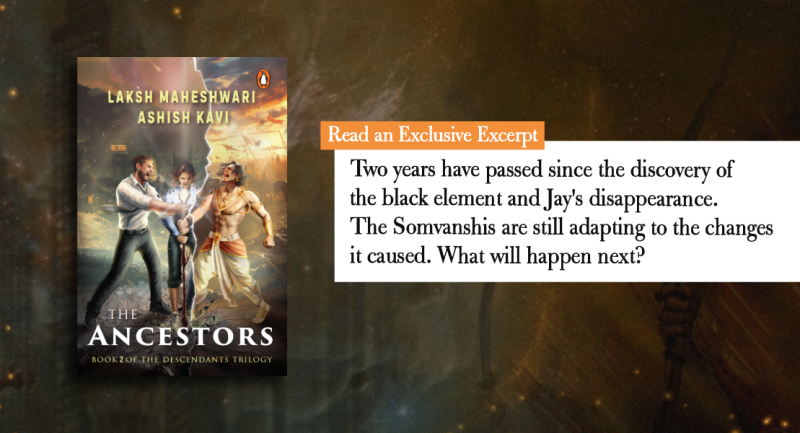
When it comes to wisdom, and no it’s not the stuff learned from books for exams, we’ve learned the best things from stories. Taking on that mantle of the storyteller with a wise lesson to pass on, Kamlesh ‘Daaji’ Patel’s The Wisdom Bridge is replete with such educational fables. Guiding parents and other family members to more holistic childcare, the book uses the Nine Principles learned by Daaji from his own experiences. Available at bookstores and Amazon, the following excerpt address the epigenetic effects of stress through the story of the caveman and the tiger. So, scroll down to understand how you can cope with stress.

The Wisdom Bridge
Kamlesh Daaji Patel
*
The villain in maternal epigenetics is stress. It’s a leading factor affecting pregnant women’s health. The form of stress that causes the biggest problems is chronic stress, which is the body’s response to emotional pressure suffered for a prolonged period.
In today’s world, the sabretooth tigers are all around us. Stress at work, stress at school, the stress of finances, the stress of relationships, and stress because of stress itself. We are always on the lookout for the sabretooth tiger lurking somewhere.
Imagine your caveman ancestor strolling in the jungle and a sabretooth tiger attacks. There are three options: fight, flight, or freeze. If you freeze, well, that’s the end of the story. If you fight the tiger or outrun the tiger, there are chances of survival. It’s a high-stress encounter where the body creates stress hormones such as adrenalin and cortisol. Blood is redirected from the digestive tract and other vital organs and moved toward the muscles and limbs to give the energy needed for fight or flight. If your caveman ancestor was lucky and survived the attack, then the stress levels in his body would have come down, and the body resumes its regular business. This, in short, is how the stress response mechanism evolved.
In today’s world, sabretooth tigers are all around: stress at work, stress at school, the stress of finances, the stress of relationships, and stress because of stress itself. We are constantly stressed about the lurking sabretooth tiger. This type of stress where one is always on guard is called chronic stress. Chronic stress is known to cause issues related to high blood pressure, suppression of immunity, damage to muscle tissue, and poor mental health.
Research shows the epigenetic effects created by a combination of finance, relationships, lack of community, and racism induce chronic stress in pregnant mothers, resulting in premature deliveries. Cortisol, a stress hormone, crosses the placenta barrier and passes on to the fetus affecting its development. The effects of chronic stress on the fetus also include lower weight at birth and longer-term effects, including personality disorders, cardiovascular issues, and diabetes.
Building immunity against stress is crucial because stress, first and foremost, affects the mother. Proper nutrition, a healthy lifestyle, and good social support help manage stress. While we know the harmful effects of chronic stress, avoiding stress altogether is not possible. We all have some level of stress in life. Studies show that moderate stress does not cause any damage to the fetus. What we need to avoid is chronic stress and burnout.
In medicine, burnout is defined as ‘a state of emotional, mental, and often physical exhaustion brought on by prolonged or repeated stress. Though it’s most often caused by problems at work, it can also appear in other areas of life, such as parenting, caretaking, or romantic relationships.’
In a research study on burnout, it was found that in a short period of time Heartfulness meditation lowered stress in a statistically significant way. Not only did the stress levels reduce, but the length of the telomeres increased, especially in the younger population. Telomeres are cap-shaped sections of DNA found at the end of chromosomes. The length of telomeres indicates wellbeing. So longer telomeres are a good sign.
*
Get your copy to read more on how to cope with stress and live a life that inspires your younger ones.









